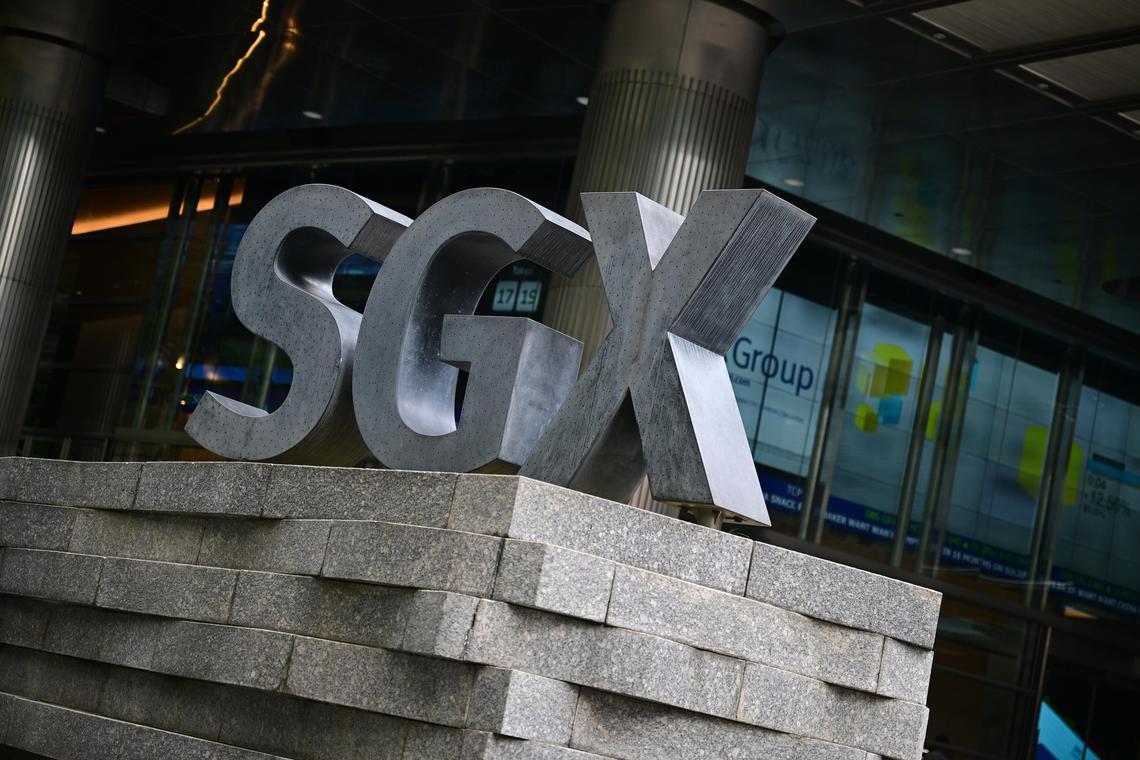Singapore stocks rally in tandem with most regional markets; STI closes 0.6% higher
Sign up now: Get ST's newsletters delivered to your inbox

Most regional indexes also rallied – the Shanghai Composite Index surged 1.3 per cent and Japan’s Nikkei 225 jumped 2 per cent.
PHOTO: ST FILE
Tay Peck Gek
Follow topic:
SINGAPORE - The Straits Times Index (STI), cued by record-high closings on Wall Street overnight, rose 21.62 points or 0.6 per cent to 3,426.09 on July 9.
The S&P 500 and Nasdaq closed 0.1 per cent and 0.3 per cent higher, respectively, on July 8, but the Dow slipped 0.1 per cent.
Most regional indexes rallied – the Shanghai Composite Index (SSE) surged 1.3 per cent and Japan’s Nikkei 225 jumped 2 per cent.
IG analyst Yeap Jun Rong pointed out that risk-taking will still likely be more measured ahead of the Federal Reserve chair’s testimony in Congress and a key United States inflation release in July.
Azeus Systems, an information technology solutions and products provider, saw its share price plunge as much as 9 per cent in intraday trading, but it managed to pare the decline to 8.7 per cent or 91 cents to $9.53 at the closing bell.
The company did not make any announcements before market close on July 9 that could explain the sharpest fall in absolute value terms among Singapore stocks.
Units of STI constituent Mapletree Logistics Trust hit a 52-week low of $1.25, with the logistics real estate investment trust closing 0.8 per cent or one cent lower.
Another constituent, Seatrium, was the overall most active counter as well as the worst-performing stock on the blue-chip gauge.
The engineering solutions company in the offshore, marine and energy industry recorded a turnover of 47.3 million shares, while their price dropped three cents or 2.1 per cent to $1.41.
Across the broader market, gainers beat decliners 290 to 287, with 1.3 billion securities worth a total of $1.1 billion changing hands. THE BUSINESS TIMES

